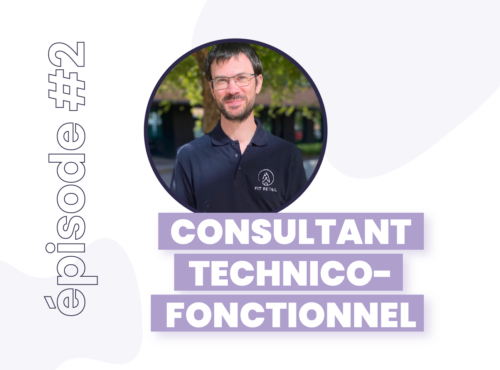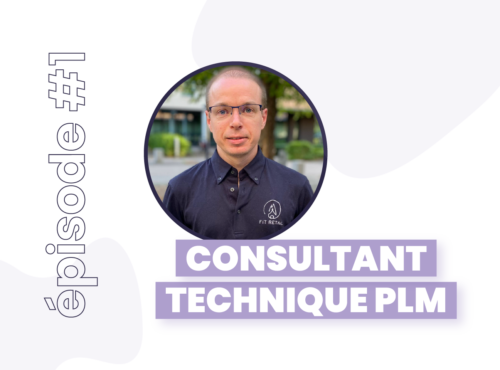 Fit retail becomes a training organization, with Qualiopi certification
Fit retail becomes a training organization, with Qualiopi certification
Do you need to be accompanied in PLM’s implementation ?
In the last edition of WhichPLM Buyer’s Guide, Mark HARROP mentioned the importance in choosing the right PLM platform and the consulting agency to guarantee a success within a PLM project. We will try to answer in this article “Why, how and when to be accompanied?”. Don’t wait to discover our essential questions checklist.
Why going with a service provider ?
PLM’s implementation is a complex project with many steps:
– Establish a precise specifications book
– Analyze the different solutions on the market
– Realize a call for tenders
– Organize the integration process of product development
– Orchestrate the PLM implantation and guarantee a technical infrastructure
– Choose the right indicators (e.g:ROI)
– Training the team
– Accompany in conduct of change
Each step needs specific skills (pedagogy, methodology, technical, functional, and business skills…). It is rare to find it in-house. Calling an external service provider -who is a specialist of this topic will reduce the risk of failure. By making this choice, you will benefit from an expert experience and you’ll win precious time at each project steps.

How to choose a consulting agency?
If it is difficult to make an exhaustive list with a selection of criteria, our past experiences showed that a dual skill in technology and in RFA business (Retail, Fashion, Apparel) encourages success of PLM project.
Digital expertise will insure the right choice of the technology, the infrastructure, the solution architecture and link with your current IT system. Whereas RFA business expertise will optimize the product development process.
This dual skill guarantees a precise understanding of your needs, yours limits, your market and your technical environment. It facilitates communication by a common language and a better apprehension of your project by an outside agency. The WhichPLM team affirm that “it will be important that you look for a PLM vendor that specializes in your product sector ». It is often the lack in RFA business skills that has tarnished the image of consulting agency specialized in new technology.
This process is also applicable for the choice of external provider who will support you throughout the life cycle of your project. Ask for reference, discuss with your peer to have their feedback are some lead to make your final decision.
When involving a third party in the implementation of a PLM project?
There is just no answer to this question. Some elements such as team maturity on subject, in-house skills, your budget, level of project complexity, long term objective will determine your needs.
Some companies need an end-to-end support: from PLM choice, through its deployment, the conduct of change and some will go as far maintenance and user support. Other companies will just need specific help on one step or more.
The most important is to carry out a small audit of in-house skills and of the major risks for an implementation:
✔ Do you have internal resources with the required skills?
✔ Where are the missing skills to run over this project (PLM knowledge, write up of specification book, implementation, project management, conduct of change…)?
✔ What is level of your future PLM complexity (international business or not? Several brand management?…)
✔ What is your process of product development complexity?
✔ What is your strategic level of PLM?
✔ What would be the failure costs?
✔ What are major risks in this project?
Agnostic PLM agency or certified PLM partner?
To answer this question, we need to define the notion of “partnership”: how is it formalized? Is it a reselling agency? How does the partnership guarantee consultant skills? Finally, it’s important to define the level of independence of the agency.

Your project stage will help you to define which specific expertise you will needed:




